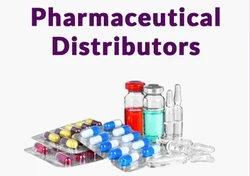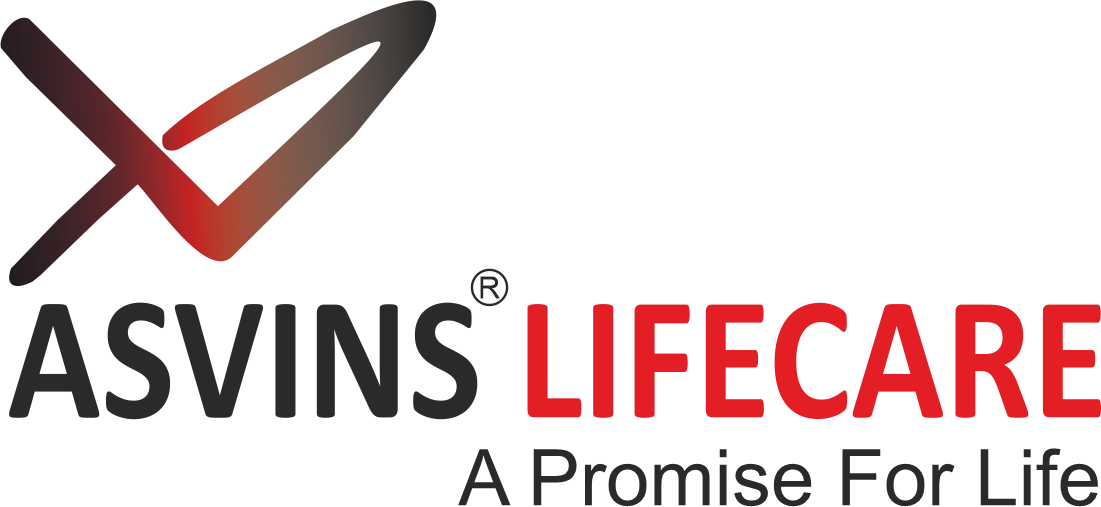Is Pharma Distributorship Profitable?: Pharma distributorship is a profitable venture based on the fact that there is high demand for pharmaceuticals and healthcare products in the current market. Pharma distributors act as a link between manufacturers and retailers or providers, and hence their function is important in the supply chain. Distributors can rely on several factors, including customer demand, efficiency, and inventory management, for profitability.
Pharma distributorship involves a large amount of investment to initiate, like space, inventory, and a license, but if the distributor is already established, then they will be able to receive repeat orders from and contracts with the customers across the marketplace.

In addition, as the healthcare landscape continues to expand, so too will the probability of specialty products and niche markets. Distributors will generally be successful by maintaining close relationships with a limited number of suppliers and customers, fulfilling the needs of regulation, and staying alert to market trends.
What is a Pharma Distributorship?
The pharma distributor is the pillar of the healthcare business. The distributor bridges the gap between pharmaceutical manufacturers, pharmacies, hospitals, and physicians. Because the distributor acts as an intermediary between manufacturers and physicians, it is a lucrative and fulfilling business model.
Advantages of Pharma Distributorship
Consistent market demand:
We all know that being in good health is an important aspect for us. Therefore, the demand for pharma will be rigid. The reality is that a pharma distributor gets to work in a market that is more stable and uniform in growth.
Specialized Therapeutic Areas with Better Margins
In contrast to the conventional business models that demand extensive market coverage, the PCD model enables franchisees to concentrate on specific therapeutic segments such as gynecology, pediatrics, cardiology, or orthopedics. Specialization enhances brand loyalty, which in turn results in repeat orders and customer retention. Profit margins and market recognition overall also increase within the territory.
Government Policies Favorable to the Pharmaceutical Industry
With policies like Ayushman Bharat and Jan Aushadhi of the government, the Indian government is even supportive of promoting home production and cheapening healthcare. These policies encourage the consumption of generic drugs and create demand, especially in rural and semi-urban areas. Hence, Propaganda partners can further develop their businesses at a faster rate with supportive policies in medicine control rules and healthcare legislation.
Growth in Wellness and Preventive Healthcare:

The awareness of health and the complexity of the immune system increased the amount of money Indians spent on supplements, multivitamins, herbal drugs and preventive care. The shift is good news for franchisees: they can now serve both the prescription-based market and the new OTC wellness market that is well-selling and carrying more variety.
Availability of WHO-GMP Certified Products:
Some Indian drug manufacturers adhere to the WHO-GMP, ISO, etc., standards. Having access to such well-established manufacturers gives franchisees a broad variety of licensed products that are of high quality. Their confidence can then be further assured with easy access to medicine at Indian price levels and open up more B2B deals.
Flexible Investment with Fast ROI:
The most prominent attribute of the PCD model is its low entry barrier—something everyone seeks. There is no requirement of significant infrastructure, deployment of MR professionals, or sizable working capital. Even with initial limitations in terms of resources, operational costs, and rapid recovery of investments, due to the high product turnover rate, it is possible.





